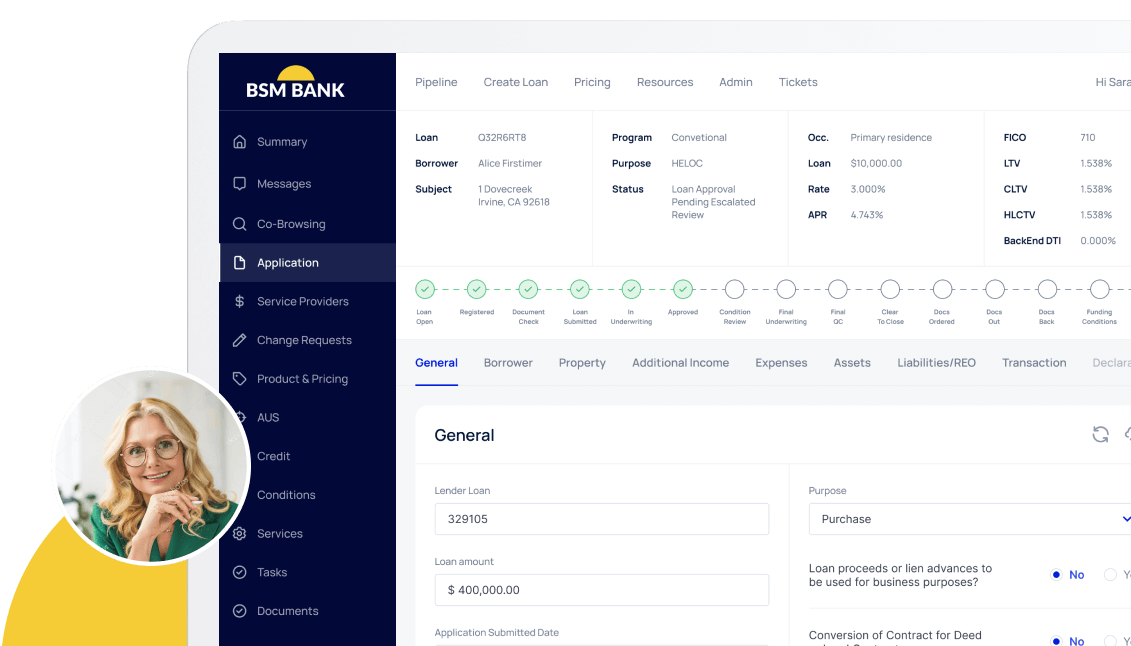In the future, there may be no need for identity verification services because technology will likely be advanced enough to identify us by reading our eyeballs (retinal and iris scanning are already being done in some places), or perhaps we will have a chip inserted in our bodies that will identify us. Those days are not fully here yet, and they may never be (hello, privacy concerns). But since our society depends on a way to identify people, particularly when we bank, we need a good and reliable method of doing so.
Identity Fraud on the Rise
Identity fraud is a type of criminal activity where the thief uses someone else’s identity to achieve something, oftentimes for financial gain. Credit card fraud is the most common type of identity theft, and cases of credit card fraud have more than doubled from the period between 2017 and 2019. Many times, identity theft occurs from data breaches, such as the Capital One data breach, which was discovered in July of 2019. About 100 million people in the United States were affected, according to Capital One, as Social Security numbers and bank account numbers were compromised.
Identity Fraud as it Relates to Mortgage Loans
Although credit card fraud is the most common type of fraud regarding identity theft, loan fraud ranks No. 3 (after “other”) and bank fraud ranks No. 5. For this reason, it’s extremely important for banks to verify people’s identity, particularly people applying for a mortgage loan, as loan fraud is common.
There are different ways identity fraud can occur. Data breaches are one way and are a likely cause of the increase in identity theft cases. Of the industries affected, the banking industry leads the pack (followed by business, education, government/military and medical), with the cases in banking “skyrocketing.”
What’s so Terrible About Identity Theft?
Identity theft can wreak havoc on a person’s financial life as well as take an emotional toll on victims. A person’s credit could be damaged, for example, if their Social Security number were stolen and the thief opens accounts in the victim’s name and uses them.
Just the knowledge that identity theft can occur can be stressful for many people in and of itself, making victims feel vulnerable and anxious. You can imagine how stressful it would probably be for your customers to have their financial accounts exposed or have someone opening accounts in your customers’ names. The Identity Theft Resource Center found that 74% of victims feel stress, 60% feel anxiety, 42% have sleep disturbances, and 39% have trouble concentrating after having their identity stolen.
Using Someone Else’s Identity to Get a Mortgage Loan
When it comes to getting a mortgage loan, there are two ways your customers could be victimized through identity theft:
- They can’t get an approval for a mortgage loan. Or they can get one, but at a terrible rate. That can happen if their credit score is lowered from someone opening credit card accounts in their name.
- Someone could use their identity to apply for—and get—a mortgage loan.
The first scenario happens more frequently, as credit card fraud is the most common type of crime associated with identity theft. But the second type can (and has) happened too. Fannie Mae reports that a case from years ago (around 2010) involved a man who discovered that a woman used his identity to buy a $300,000 home. The man thinks she gained information from sifting through his trash looking for financial information, perhaps a letter from the mortgage company with personal information on it. Thieves could also find information about someone’s home and mortgage loan by looking up public records.
Subscribe to BeSmartee 's Digital Mortgage Blog to receive:
- Mortgage Industry Insights
- Security & Compliance Updates
- Q&A's Featuring Mortgage & Technology Experts
What Measures Can Banks Take?
Banks need to be able to stop identity theft if they want their customers to have confidence in them and to help their customers feel safe regarding their financial information. But in an increasingly digital age, it appears that if banks are using manual ID verification, they might be doing their customers a disservice, as manual ID verification has several flaws due to human error.
For one, each state issues its own ID cards and driver’s licenses, each with their own unique security features. Bank employees might be able to recognize a fake ID in one or even a few different states, but most bank employees would be hard pressed to recognize a fake ID from every state.
Another reason is that not all bank employees are honest. Some have been prosecuted for stealing personal account information from customers to either rob their accounts directly or to steal their identity themselves.
What Verification Companies Do
Verification companies are “fraud fighters,” as what IDology describes what their company does. IDology is one of many digital identity verification services and is part of GBG, a global identity data intelligence specialist. GBG can identify almost anyone in the world—4.4 billion citizens.
Verification companies provide a way for banks to use the power of technology to identify customers. This has the potential to be a better method of identification than manual verification. In this digital age, businesses, especially financial institutions, will probably need to partner with a company at some point that uses the latest technology to outsmart identity theft criminals.
The Bottom Line
Banks need to be able to verify people’s identity. Otherwise, their customers could lose confidence in them and even file lawsuits against them for inadequately verifying their ID. By implementing a Mortgage POS, banks could find the solution they need to keep their customers’ identities safe and secure. Through an integration with IDology, BeSmartee’s Mortgage POS platform uses questions and multiple choice answers in a configurable way to allow the consumer to verify their identity.




